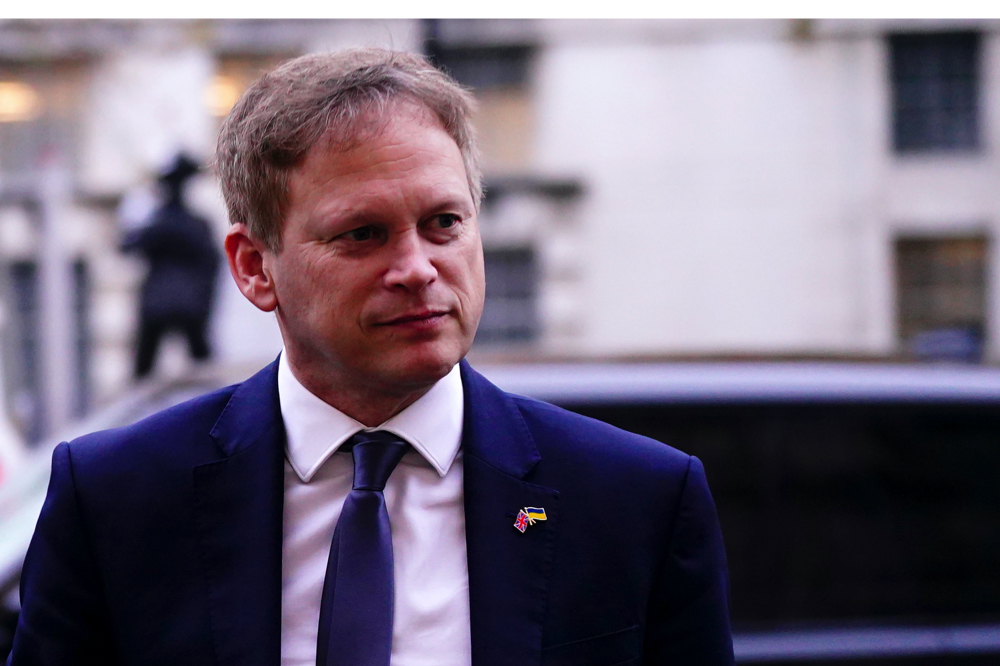Former Defence Secretary Sir Grant Shapps defended the UK government’s decision to keep secret a major data breach that exposed the identities of thousands of Afghans and some British personnel.
In his first public comments since the breach came to light, he told the BBC that his priority had been protecting lives, especially given the danger posed by the Taliban to those who had worked with British forces. He stressed that maintaining secrecy through a “super-injunction” was a necessary step to prevent potential executions or retaliation.
Secrecy, Delayed Disclosure, and Emergency Relocation Efforts Following Devastating Data Breach Incident
The super-injunction, initially requested by Shapps’ predecessor, was designed to prevent the reporting of not only the breach itself but also the existence of the injunction. Although the order was lifted earlier this week, Shapps admitted he had expected it to end much sooner as risks decreased.
He also addressed why the Intelligence and Security Committee wasn’t informed, explaining that any leak of information could have significantly heightened the danger. He said the scope of who was informed was decided in consultation with judges.
The breach occurred when someone at the UK Special Forces headquarters accidentally sent over 30,000 resettlement applications, which included data on nearly 19,000 Afghan allies and more than 100 British personnel, to an external party.
The British government discovered the breach only in August 2023 after the data began appearing on Facebook in Afghanistan. A covert resettlement scheme, the Afghanistan Response Route (ARR), was set up to relocate those at risk. So far, 4,500 Afghans have been relocated, with an additional 2,400 expected to arrive at a projected cost of £850 million.
Political Fallout and Lingering Fears After Data Leak Raise Accountability and Security Concerns
After the gagging orders were lifted, political tensions surfaced. The Liberal Democrats accused current Defence Secretary John Healey of misleading Parliament by suggesting no serving military personnel were endangered. Downing Street defended his statements, citing the serious measures taken to secure personnel.
The Ministry of Defence reiterated its policy not to comment on special forces matters and assured the public that appropriate security measures were in place for affected individuals, especially those in sensitive roles.
Despite government efforts, the full consequences of the breach remain uncertain. The Taliban have publicly denied targeting anyone named in the data, but Afghan relatives told the BBC that Taliban searches intensified after the leak. The MoD has refused to confirm how many people may have been harmed.
The leak has left many families living in fear, and while thousands have been relocated, many others remain vulnerable in Afghanistan. The government’s handling of the crisis raises ongoing questions about transparency, accountability, and the balance between secrecy and public oversight.

Leave a Reply